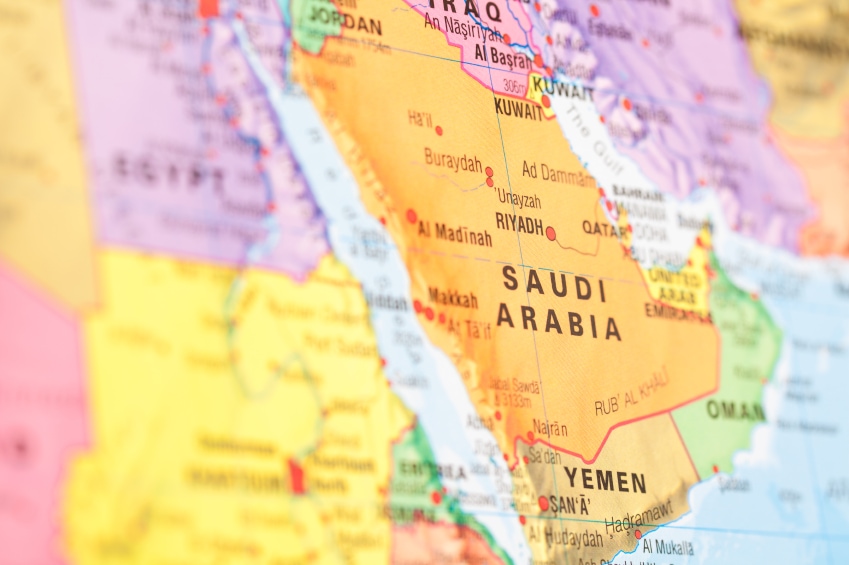Expats in Saudi Arabia will have to pay a residence tax and sin taxes on soft drinks and tobacco in a bid to improve the country’s balance sheet as oil revenue carries on falling.
Expats will have to pay £21 a month for each member of their family staying in the country, rising to £85 a month each by 2020.
The tax is paid annually on application or renewal of a residence visa.
The government will start collecting the tax from July.
The new sin taxes are expected to raise £2 billion within six months, charged as 50% on the cost of a soft drink and 100% on the price of cigarettes and tobacco.
No-tax environment
The cost of employing expats is likely to rise for companies.
Although private firms should pay £42 a month if they hire more expats than local workers, the bill is generally overlooked.
Now the government is indicating that the tax will be imposed, although some firms may be granted a discount rate. The amount due will also rise to £146 a month in 2020 for companies with fewer or an equal number of Saudi employees than expats and £167 a month for those that employ more.
Traditionally, Saudi Arabia has been a no-tax environment for expats, but budget problems have triggered the government’s search to raise more revenue from foreigners.
Income tax is still off the table, but in line with other Gulf States, Saudi Arabia is collecting 5% VAT on goods and services from January 2018.
No income tax
Other Gulf States, such as the United Arab Emirates and Kuwait, have already slapped higher prices costs like utility payments and fuel, making the cost of living hire.
Although the International Monetary Fund is urging the Gulf states to introduce more taxes to soften the impact of falling government revenues as the price of oil drops, leaving a black hole in budgets.
“Saudi Arabia has one of the most liberal labour policies globally, with very few restrictions on importing foreign labour to work in the kingdom,” says the government.
“Currently, neither Saudi nationals nor foreign labourers pay income taxes, and this policy will remain in place.”
